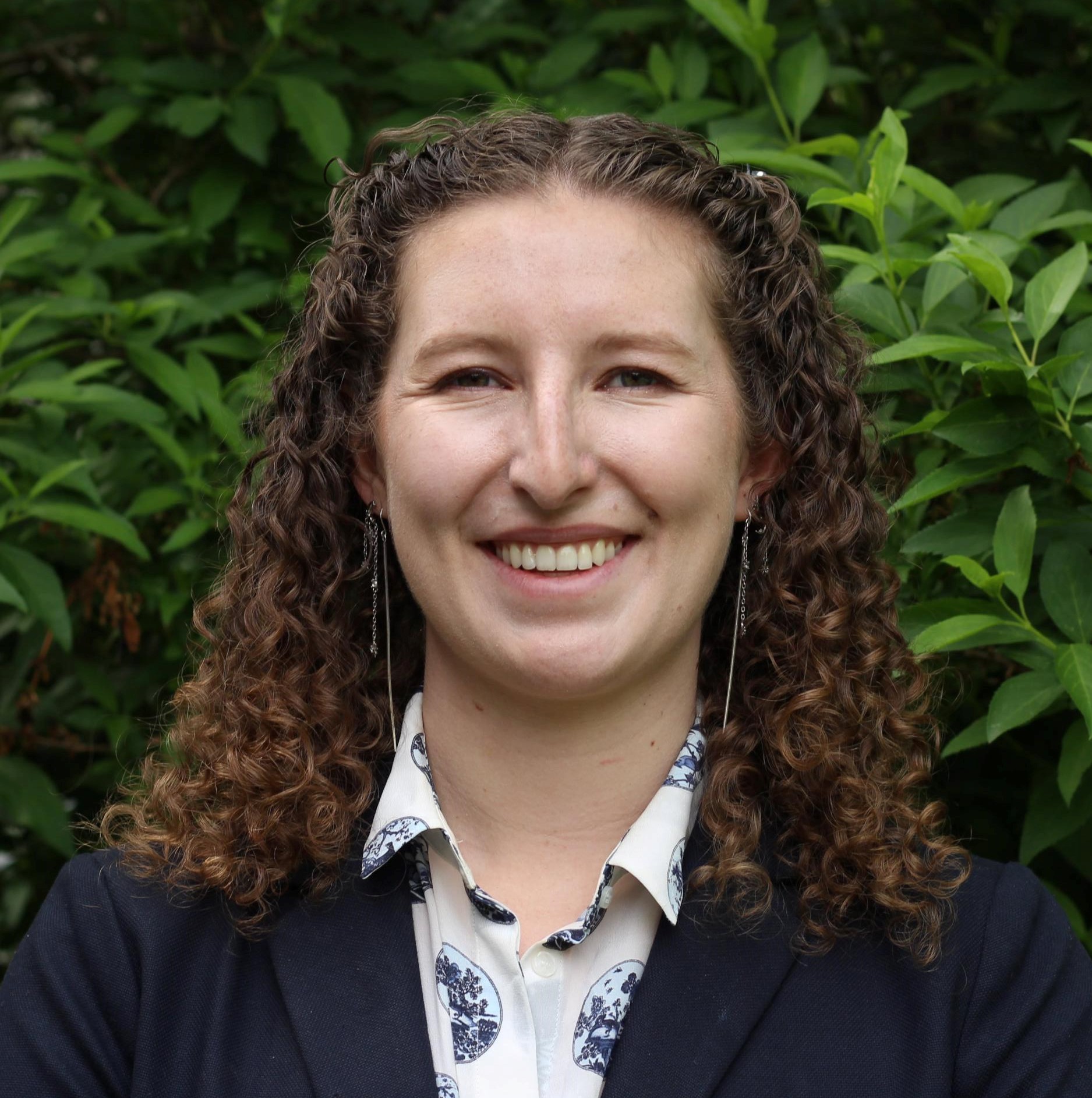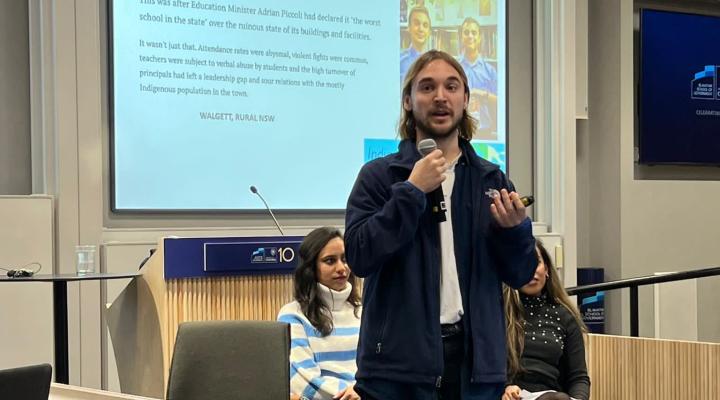Last week marked the end of the GOTO (Global Opportunities and Threats Oxford) module for my MBA cohort, and, for me, this was the most applicable, tangible, real-world module we’ve had yet. We chose between four streams focused on how firms interact with wicked, high-level problems, from supporting a UN initiative to promote public-private funding partnerships to embedding social impact across food supply chains in India to bolster the transition to clean energy in Southeast Asia. Every goal was lofty, and no path was clear.
My section worked with Cerro de Pasco Resources, a Canadian mining company that is working to reprocess the waste from traditional mines in Peru. Their goal is to extract valuable minerals from what was originally deemed as waste material and use their reprocessing to help mitigate the environmental degradation of the region. The town next to their upcoming project has high levels of poverty and ongoing health crises from environmental contamination from centuries of traditional mining.
Nothing in this case was simple. The firm was in prolonged legal conflict with a para-governmental environmental remediation company. The government had competing priorities across the federal and provincial levels. Conducting mining projects in Peru requires consent of the community where the mine will be located. We were tasked with untangling stakeholder relationships, investigating the financial future of the firm, and ensuring social and environmental goals – goals that often seemed mutually exclusive.
Unlike my other courses, GOTO did not ask us to come to a single right answer; it didn’t even focus on coming to an answer at all. We spent four weeks understanding a system that echoed the kind of complexity we will engage with for the rest of our careers. Business does not often get to exist in the blissful confines of in-class examples; if it did, my life would be a lot easier. The real-world mess that we worked to map throughout GOTO was often frustrating, seemingly incomprehensible, and all-around vexing, but as I start planning out my life after the MBA, it’s easy to see how this experience is relevant.
We used tools to start to pull at threads across a system – stakeholder mapping techniques, systems mapping, and causal loop analysis. My background is in health development, and it’s easy to see how I can use this to understand the complex environments in which I worked and will work. Similarly, it feels applicable to entrepreneurs seeking to develop new venture ideas; the same tools can identify real problems, leverage points, and niches. For expanding firms, understanding relationships between existing stakeholders in a new market can shape entry strategies. The GOTO process was certainly less straightforward than our other courses, but learning to engage with complexity will serve each of us well. So many of us envision changing the world, and to do that, we can’t shy away from big, wicked problems.




